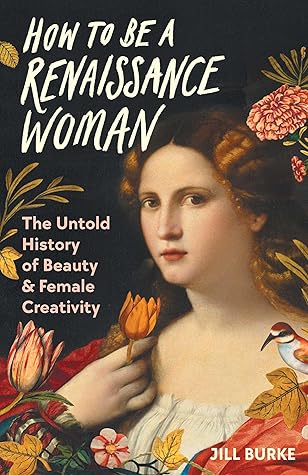More on this book
Community
Kindle Notes & Highlights
by
Jill Burke
Read between
March 3 - March 5, 2025
Women of the noble and mercantile classes were able to read and write, as testified by the rich letter-writing culture of the Renaissance, but, lower down the social scale, reading was deemed less necessary – and, indeed, at times discouraged, lest women get dangerous ideas into their heads.
They argued that the problem was not with women’s attitudes to beauty. The problem was men.
women’s dress could hardly endanger our virtue if men would only stop pestering us.
warning women that attractiveness had its perils as well as its rewards.
Originally, the rules were not meant to be applied to real individuals – indeed, the point was that perfect proportion did not exist in a single person. The perfect body was a figment of the artist’s mind.
Young women were urged to be beautiful, but not too alluring, to be desirable yet chaste.
According to her contemporary, Niccolò Machiavelli, her enemies held her crying children in front of her and threatened to kill them. Caterina raised her skirts and said, ‘Do it, if you want: even execute them in front of me… I have what’s needed here to make more!’
wanted, through my studies,’ she says, ‘to let the world know that we, like men, are capable in all areas of knowledge,’ choosing, she writes later, to ‘affirm the intellectual worth of the women of our times’.24


